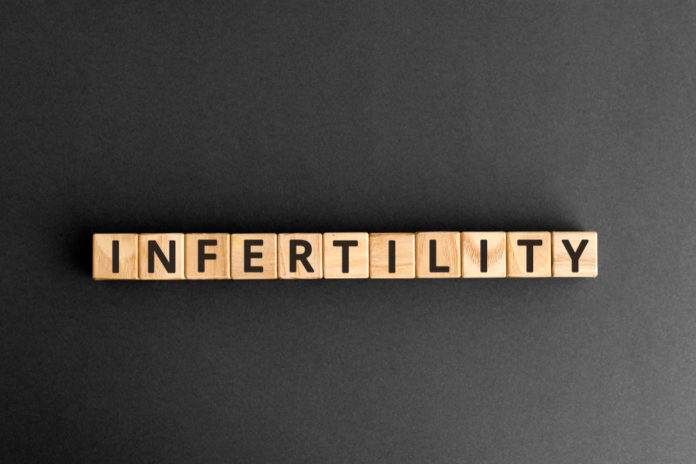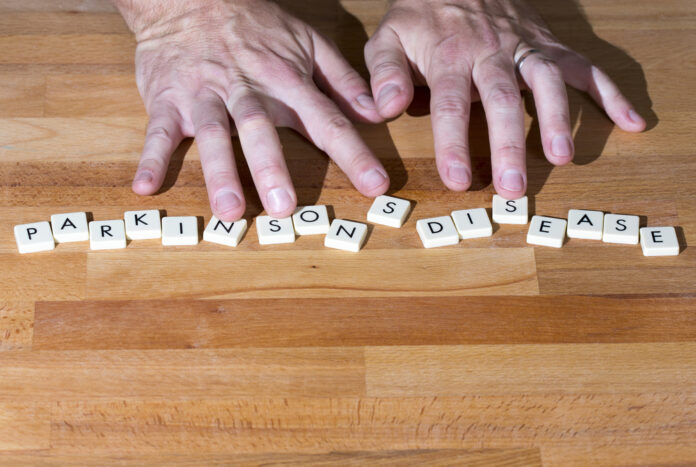A progressive, sometimes chronic brain condition can affect the thinking, behavior and memory of someone in your family.
But dementia is not a disease. It’s a syndrome that presents similar symptoms to many brain diseases. We’ll be discussing the various types of dementia and how they can be identified in this article.
Types Of Dementia
There is a variety of types of dementia. The treatment for each patient will depend on which type they have.
Alzheimer’s Disease
According to the World Health Organization, between 60% and 70% of dementia patients suffer from this disease. Additionally, more than Problems speaking or writing
- Confused as to where they are and what day it is?
Vascular Dementia
Vascular dementia can be caused by strokes, either major or minor. The symptoms vary depending on which part of the brain is affected. Alzheimer’s is characterized by memory problems. Vascular dementia starts with poor organization and decision-making.
Additional symptoms include:
- Hardly speaking or understanding
- Getting confused or agitated
- Walking or falling frequently
- Having trouble recognizing sounds and sights that were once familiar
Dementia (DLB)
Lewy bodies can be tiny deposits of protein found in the brain. DLB is a condition where these proteins have formed in the cortex of people who know someone with it. This illness can be manifested as:
- Seeing things you don’t see, i.e. visual hallucinations
- Periods where you stare or “blank out”.
- Difficulty in thinking, paying attention or making decisions
- Movement difficulties, such as slowness or trembling.
Parkinson’s Disease Dementia
This type of dementia affects patients with Parkinson’s disease, a neurological disorder that causes the nervous system to malfunction. It can be experienced anywhere from 50% to 80%. A person with Parkinson’s disease will start to experience symptoms of dementia around ten years after being diagnosed.
It is important to note that this type dementia is very similar to DLB. This is because both have the same symptoms and people with both have Lewy bodies.
Huntington’s Disease
The genetic defect that causes this brain disorder is passed on from family members. Although Huntington’s disease can be present at birth, symptoms will not appear until the age of 30-50.
These symptoms are similar to dementia symptoms, such as difficulty with:
- Memory
- Judgment
- Concentration
- Organization and planning
Wernicke-Korsakoff Syndrome
Thiamine deficiency (vitamin B-1) is the cause of this disorder. This disorder is most common in long-term heavy drinkers.
Memory loss is a common symptom of dementia. Most cases of dementia are not associated with memory loss.
Conclusion
There are multiple medications for dementia. For advice and treatment options, contact your primary healthcare provider if you or someone you know is suffering from any of these symptoms.













